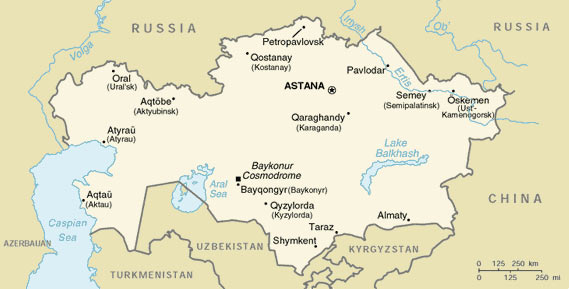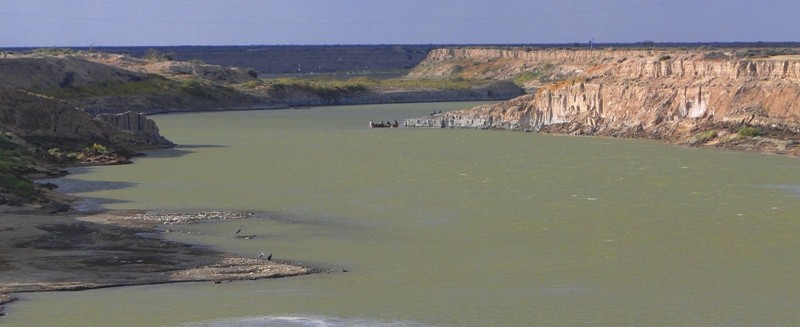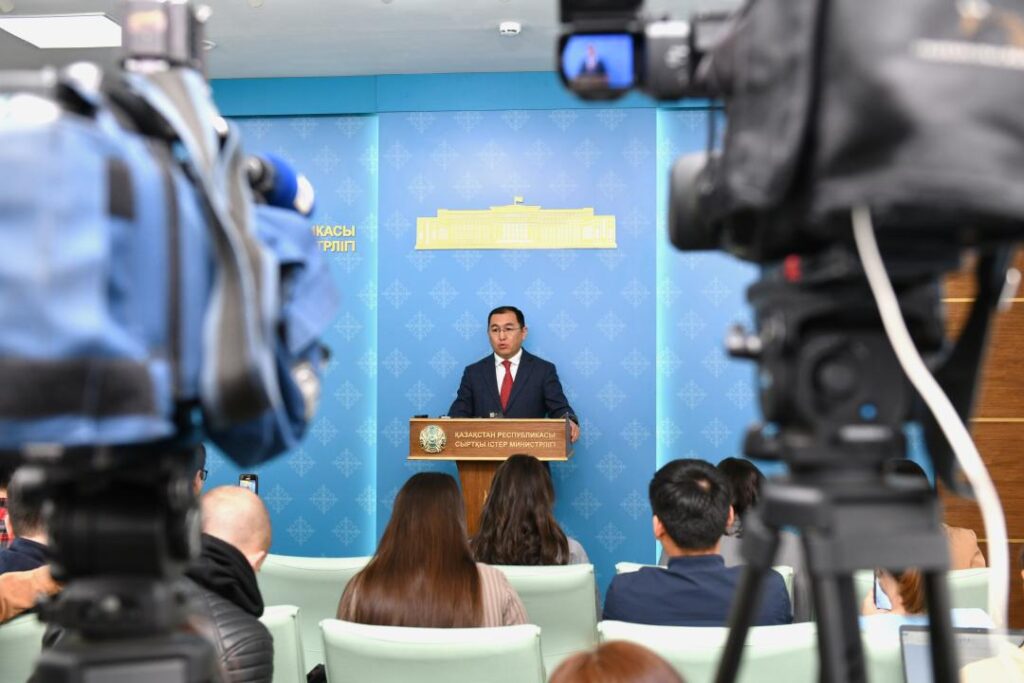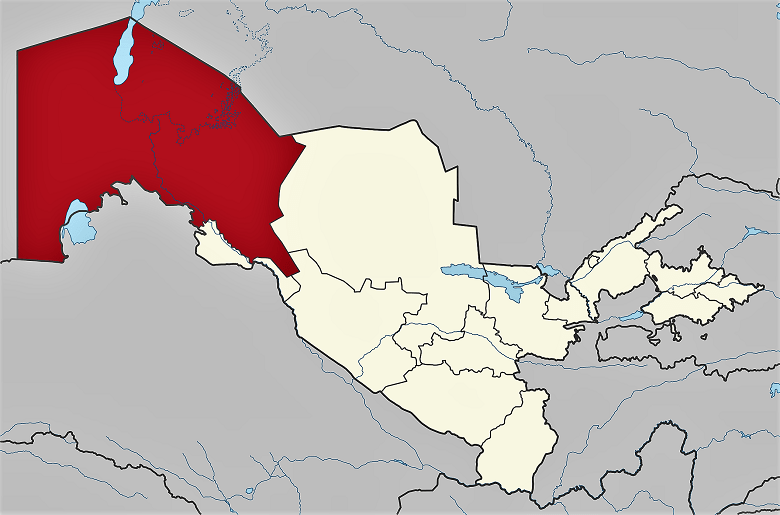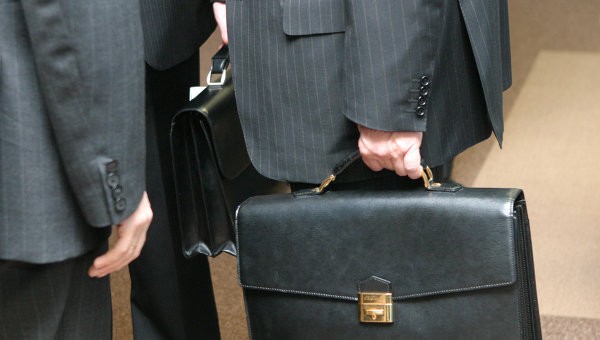AKTAU, Kazakhstan (TCA) — An OSCE-supported two-day regional workshop on operating Special Economic Zones (SEZs) concluded in Aktau, Kazakhstan on 29 August.
SEZs are government-designated special territories within a country established to promote trade and create jobs by offering special incentives. They include preferential tax rates, customs fees and quotas.
Forty-five officials from Kazakhstan’s central and regional customs authorities, business associations and the private sector attended the event. Participants discussed different practices employed in operating SEZs internationally. A Danish expert, whose travel was supported by the OSCE, delivered a presentation on the evolution of free trade areas into logistics hubs and identified critical success factors for operating ports in free trade areas.
Customs authority and SEZ representatives from Azerbaijan, Belarus, Kyrgyzstan, the Russian Federation and Uzbekistan shared experiences of operating free trade areas and ports in their respective countries and identified main impediments to attracting investments. The participants also discussed customs controls administration in connection with the enactment of Kazakhstan’s new customs code.
The workshop was organized by the OSCE Programme Office in Astana in partnership with Kazakhstan’s State Revenue Committee’s Training Centre. It is part of the Programme Office’s multi-year efforts to assist the host country in promoting good governance and facilitating trade in the region.
Today, there are 11 special economic zones in Kazakhstan.
